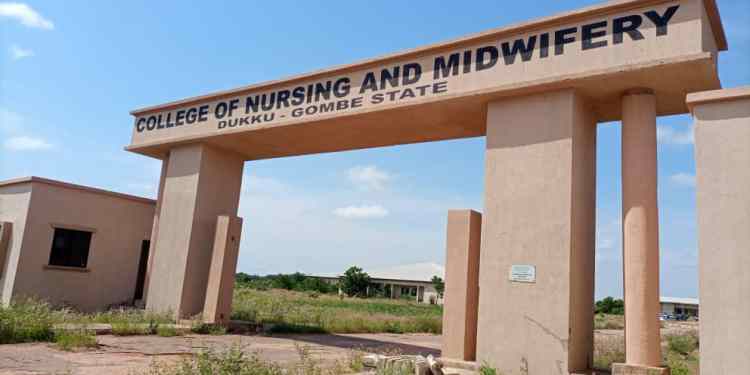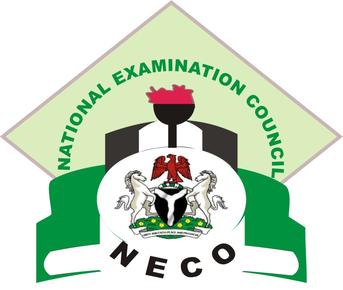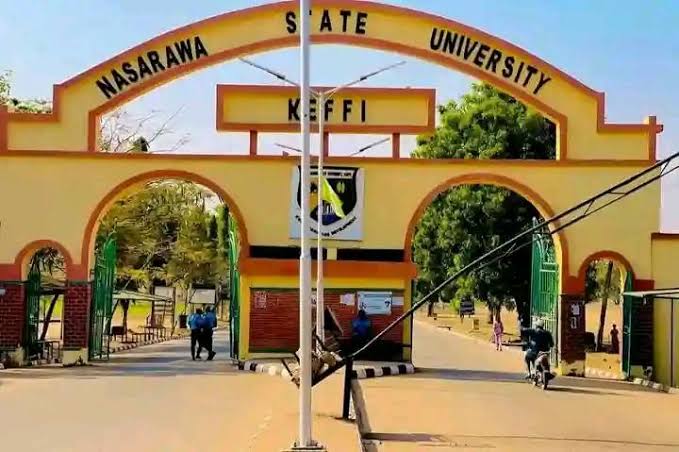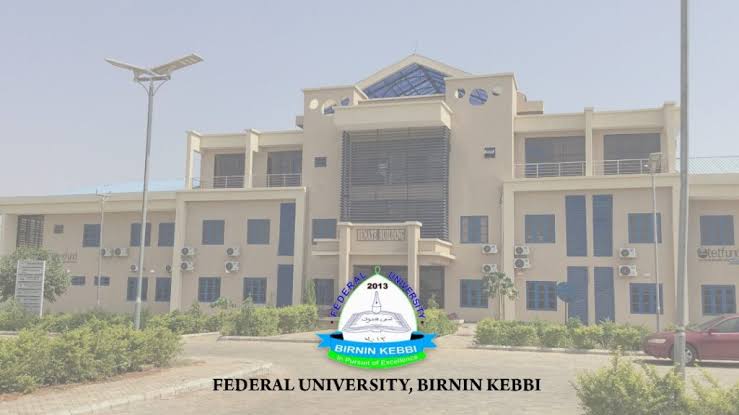The Governor of Niger State, Mohammed Umaru Bago, has once again made headlines with a bold promise to transform aviation training and infrastructure in the state. During a recent event at the Bola Ahmed Tinubu International Airport in Minna, the governor announced a N5 billion commitment for the construction of modern classrooms and hostels at the Nigerian College of Aviation Technology (NCAT) mini campus located at the airport.
This announcement signals a major milestone in the state’s ambition to become a hub for both aviation and agricultural development. Beyond being a political promise, the initiative carries far-reaching implications for education, youth empowerment, and Nigeria’s long-term economic growth.
Why the Mini Campus Matters
The Nigerian College of Aviation Technology (NCAT), headquartered in Zaria, Kaduna State, is the nation’s premier aviation training institution. It provides specialized training for pilots, engineers, air traffic controllers, and aviation managers. Over the years, NCAT has developed a reputation for excellence, but its capacity has remained limited given the rising demand for skilled aviation professionals.
The Minna mini campus was originally established to expand access to aviation education and reduce the pressure on the Zaria campus. However, it became dormant due to infrastructure and funding challenges. Governor Bago’s intervention aims to reactivate and modernize this critical institution, making it capable of delivering high-quality training to a new generation of aviation experts.
Governor Bago’s N5 Billion Pledge
The governor’s N5 billion pledge will focus on:
- Classrooms and Lecture Theatres – Modern facilities designed to meet international aviation training standards.
- Hostels and Student Accommodation – Safe and comfortable housing for students, eliminating the need for them to travel long distances or rely on inadequate off-campus options.
- Infrastructure Upgrade – The development will align with the broader vision of turning the Bola Ahmed Tinubu International Airport into a hub of both aviation excellence and agricultural services.
Bago stressed that reactivating the campus would reduce the huge costs of sending Nigerian students abroad for aviation training. Nigeria currently spends millions of dollars annually on foreign training, a drain on foreign exchange that could be avoided if local institutions were well equipped.
A Hub for Aviation and Agriculture
Interestingly, the governor also linked the aviation sector with agriculture. He emphasized that the Bola Ahmed Tinubu International Airport should be developed as a dual hub for aviation and agricultural activities. This is particularly strategic because:
- Agro-Aviation: Planes can be used for crop spraying, pest control, and large-scale agricultural monitoring.
- Export Opportunities: A well-functioning airport can enable Niger State, known as Nigeria’s “food basket,” to export farm produce directly, boosting farmers’ incomes.
- Employment Creation: Both agriculture and aviation are labor-intensive, and the combination can open up thousands of jobs for the youth.
Remarks from the College Leadership
Dr. Danjuma Adamu Ismail, Rector of the Nigerian College of Aviation Technology, commended the governor’s initiative, describing it as timely and visionary. He praised the remodelled Minna Airport and reaffirmed the institution’s long-standing collaboration with the Niger State government.
According to him, reactivating the mini campus would not only expand access to aviation training but also position Niger State as a leader in innovative sectors such as agro-aviation business, drone operations, and aviation logistics.
Beyond Classrooms: Housing and Infrastructure Renewal
In addition to the N5 billion campus project, Governor Bago revealed plans to demolish existing housing units near the airport to create space for a modern housing estate. This move aims to address the housing deficit in Niger State and complement the infrastructural upgrades around the airport.
The modern estate will not only beautify the airport environment but also attract investors, businesses, and professionals to Minna, thereby stimulating urban development.
Implications for Nigeria
The pledge has wider implications for the nation’s aviation and educational sectors:
- Reduced Brain Drain: By providing world-class aviation training locally, Nigeria can cut down on the migration of young talents seeking opportunities abroad.
- Cost Savings: Training students locally is far cheaper than sponsoring them overseas. This saves government and parents substantial costs in foreign exchange.
- Capacity Building: With proper implementation, the Minna mini campus can produce hundreds of skilled pilots, engineers, and aviation managers every year.
- Economic Diversification: Aviation is a high-value industry. Linking it with agriculture positions Niger State and Nigeria to diversify beyond oil.
Challenges Ahead
While the governor’s promise is ambitious and praiseworthy, several challenges remain:
- Funding and Timely Release: N5 billion is a huge amount, and delays in disbursement could slow progress.
- Quality Assurance: Aviation is a highly technical sector. Facilities and training must meet international standards to gain global recognition.
- Sustainability: Beyond infrastructure, the campus will need well-trained lecturers, modern equipment, and continuous investment to remain competitive.
- Policy Continuity: The project’s success depends on sustained government commitment even after Bago’s administration.
A Step Towards the Future
Governor Bago’s N5 billion pledge is more than just an infrastructure project—it is a strategic investment in human capital development and economic transformation. If executed properly, the Nigerian College of Aviation Mini Campus in Minna could become a beacon of hope for Nigerian youths aspiring to careers in aviation, while also supporting agriculture and industrial growth.
In an era where nations compete fiercely for talent and innovation, Niger State’s move to strengthen aviation education locally could well position it as a regional hub of excellence. For students, farmers, investors, and residents alike, this initiative promises a brighter, more prosperous future.
✅ Final Takeaway: Governor Bago’s vision, if translated into reality, could bridge Nigeria’s aviation training gap, save billions in foreign exchange, and open doors for youth empowerment, agriculture, and technological advancement. The next step will be careful monitoring, transparent implementation, and long-term investment to ensure the Minna mini campus truly takes off.






